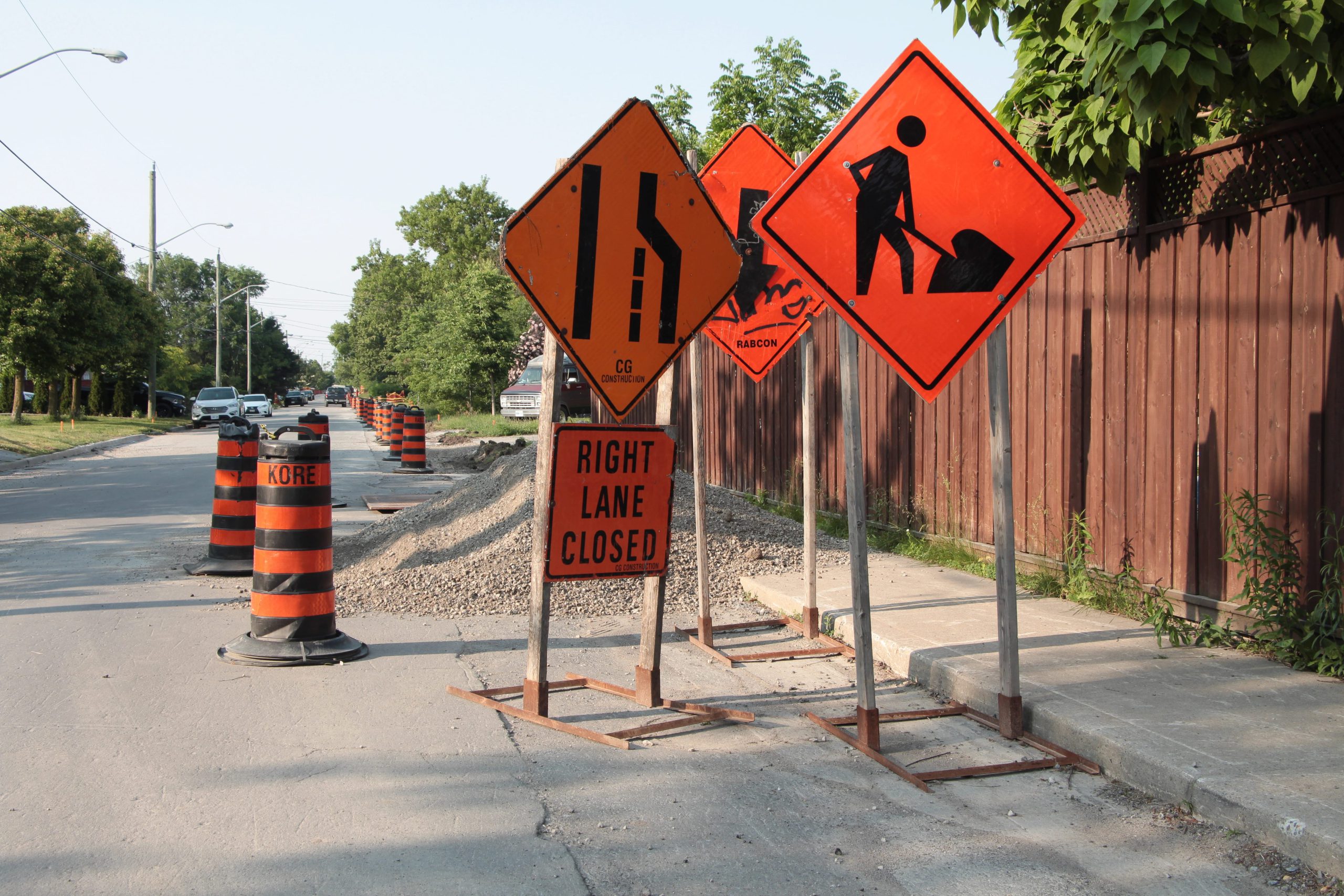System Upgrade in Progress! We’re improving how we manage course registrations to serve you better. During this transition, beginning August 8th, online registration will be temporarily unavailable — but you can still register using our PDF forms located here.
Archives: Courses
Course Description
Creating Levels of Service & Standard Operating Procedures
System Upgrade in Progress! We’re improving how we manage course registrations to serve you better. During this transition, beginning August 8th, online registration will be temporarily unavailable — but you can still register using our PDF forms located here.
Manage the Road – Not Just The Pavement
System Upgrade in Progress! We’re improving how we manage course registrations to serve you better. During this transition, beginning August 8th, online registration will be temporarily unavailable — but you can still register using our PDF forms located here.
Municipal Liability: Traffic Collisions
System Upgrade in Progress! We’re improving how we manage course registrations to serve you better. During this transition, beginning August 8th, online registration will be temporarily unavailable — but you can still register using our PDF forms located here.
Municipal Liability: Temporary Work Zones
System Upgrade in Progress! We’re improving how we manage course registrations to serve you better. During this transition, beginning August 8th, online registration will be temporarily unavailable — but you can still register using our PDF forms located here.
Fundamentals of Horizontal Directional Drilling
Introduction to Contract Law
System Upgrade in Progress! We’re improving how we manage course registrations to serve you better. During this transition, beginning August 8th, online registration will be temporarily unavailable — but you can still register using our PDF forms located here.
Advanced Contract Law
System Upgrade in Progress! We’re improving how we manage course registrations to serve you better. During this transition, beginning August 8th, online registration will be temporarily unavailable — but you can still register using our PDF forms located here.
Conflict Dispute Resolution
System Upgrade in Progress! We’re improving how we manage course registrations to serve you better. During this transition, beginning August 8th, online registration will be temporarily unavailable — but you can still register using our PDF forms located here.















